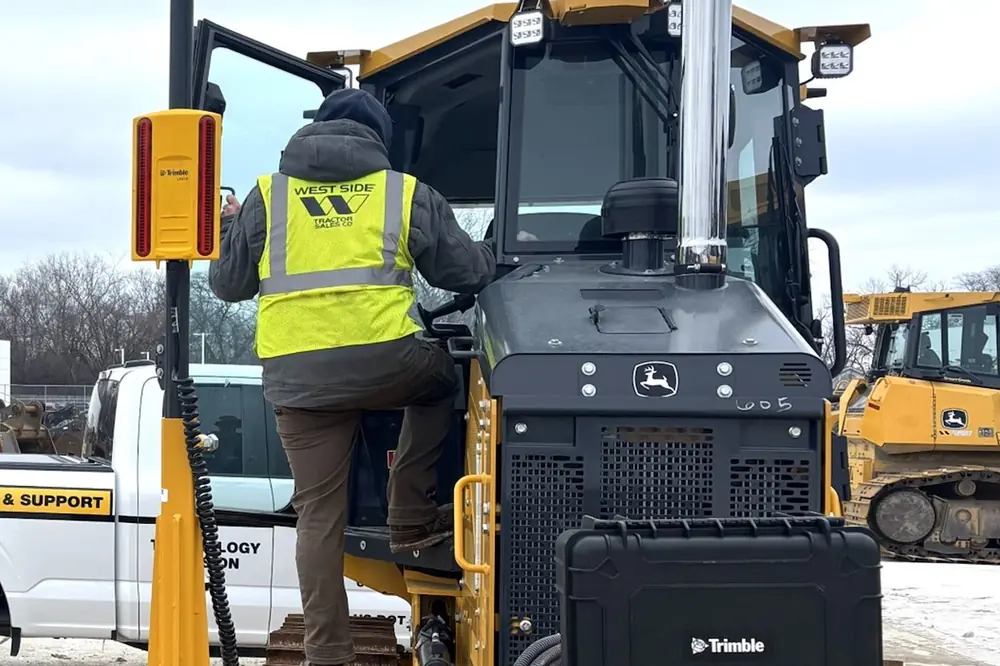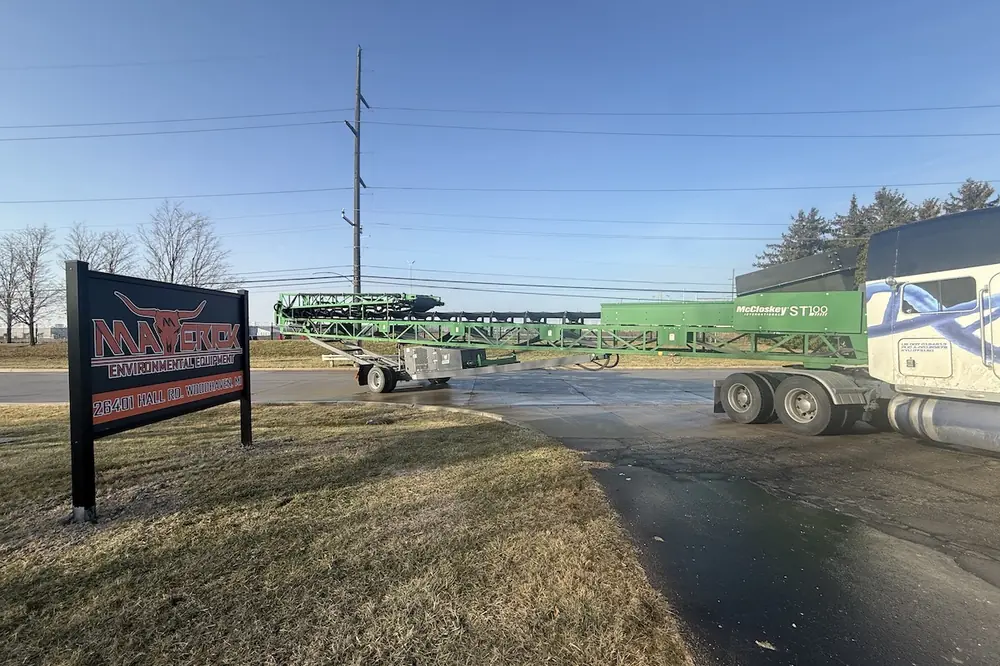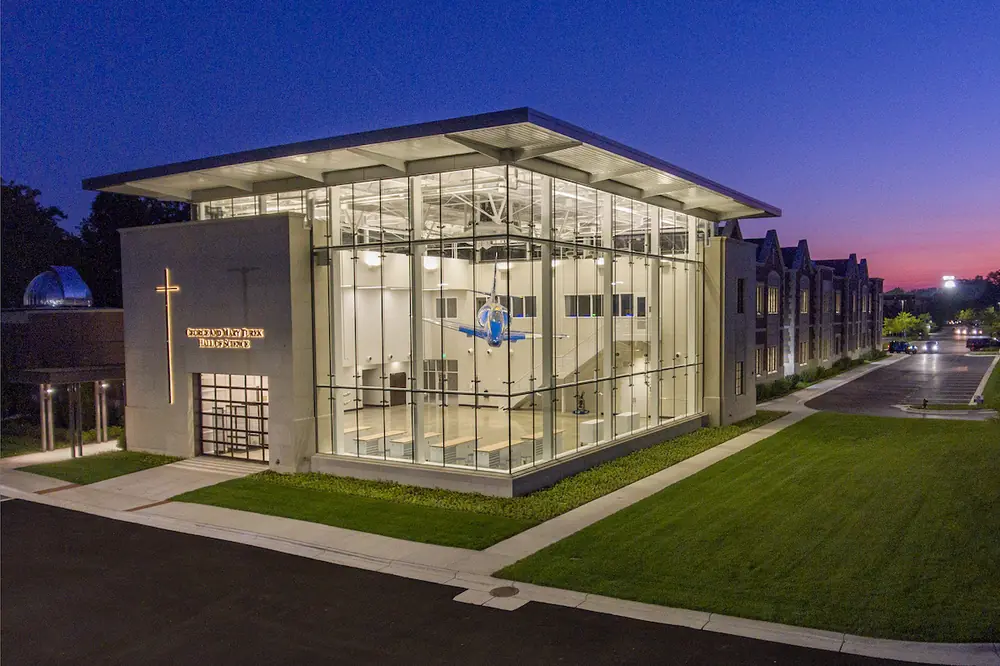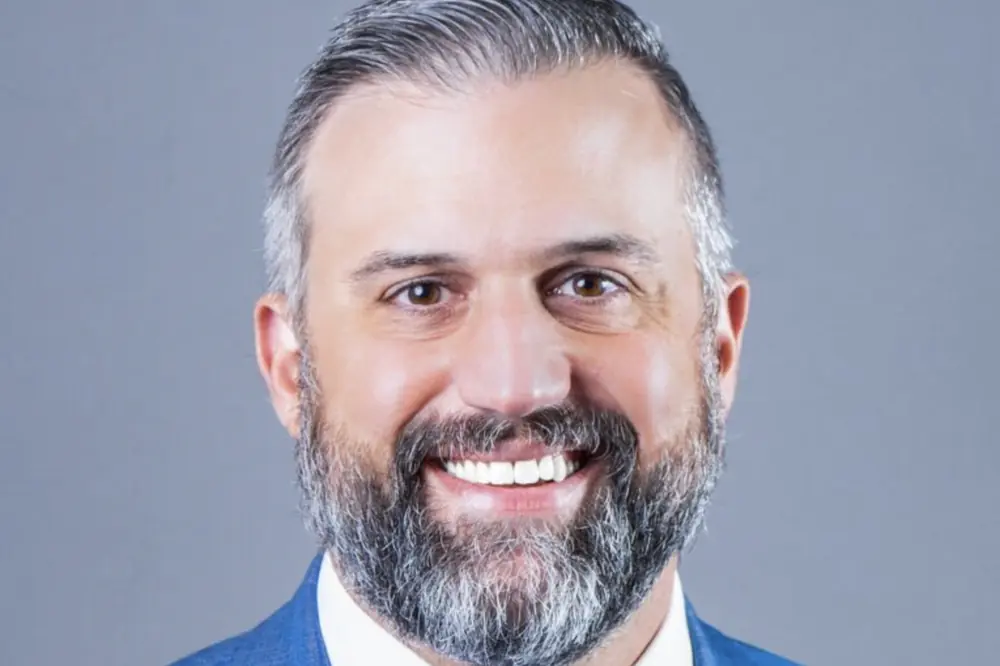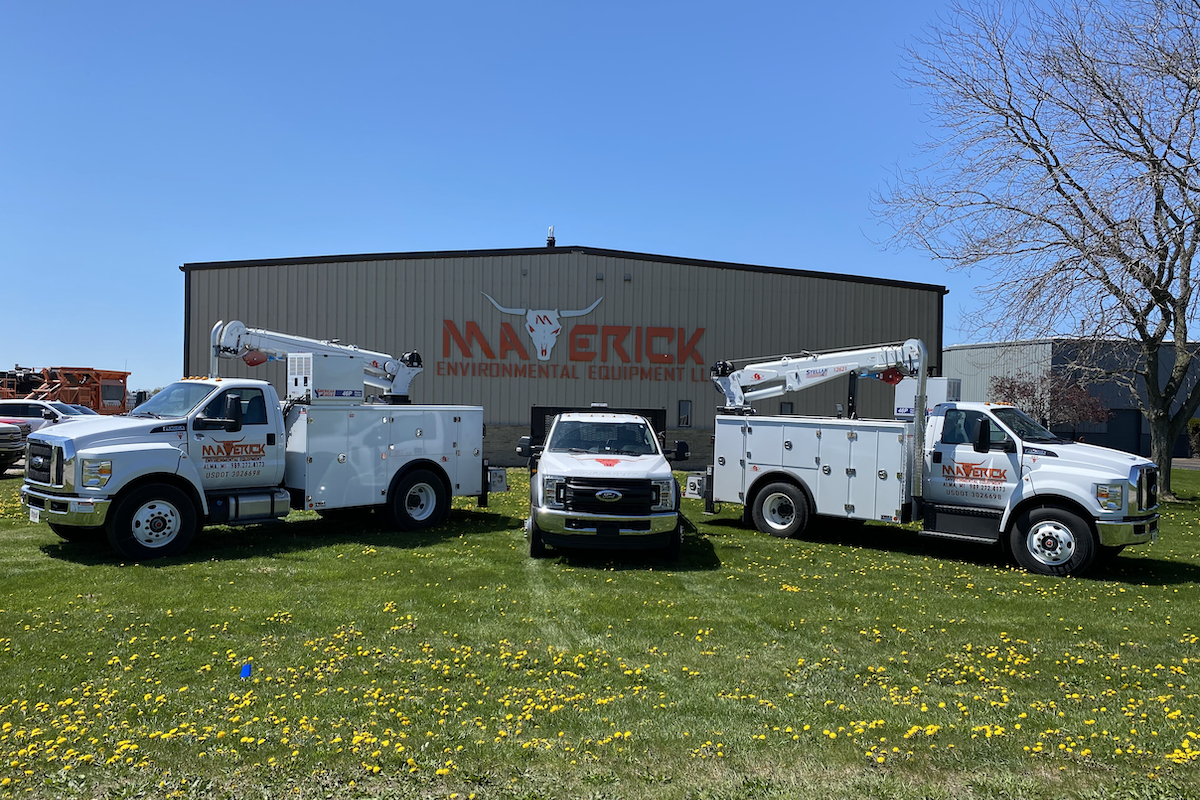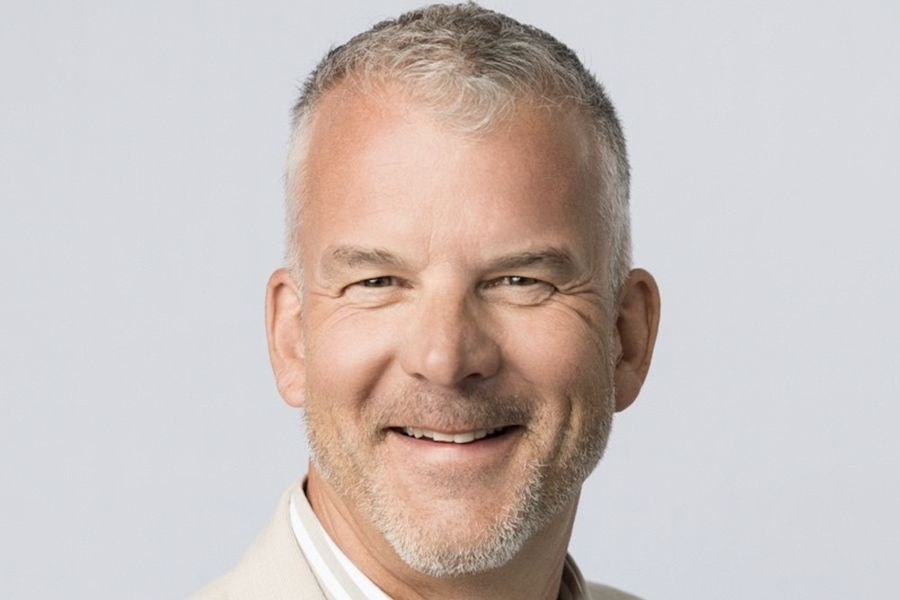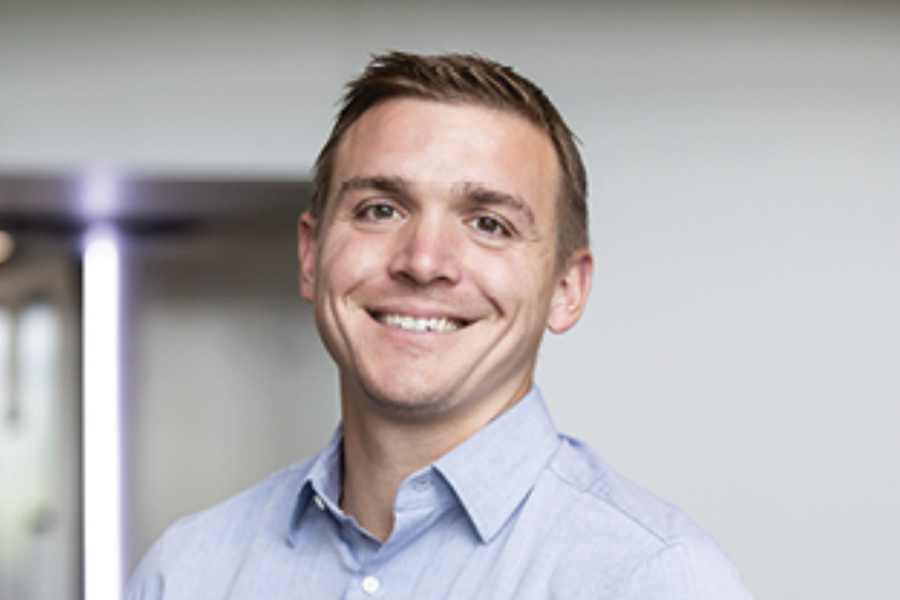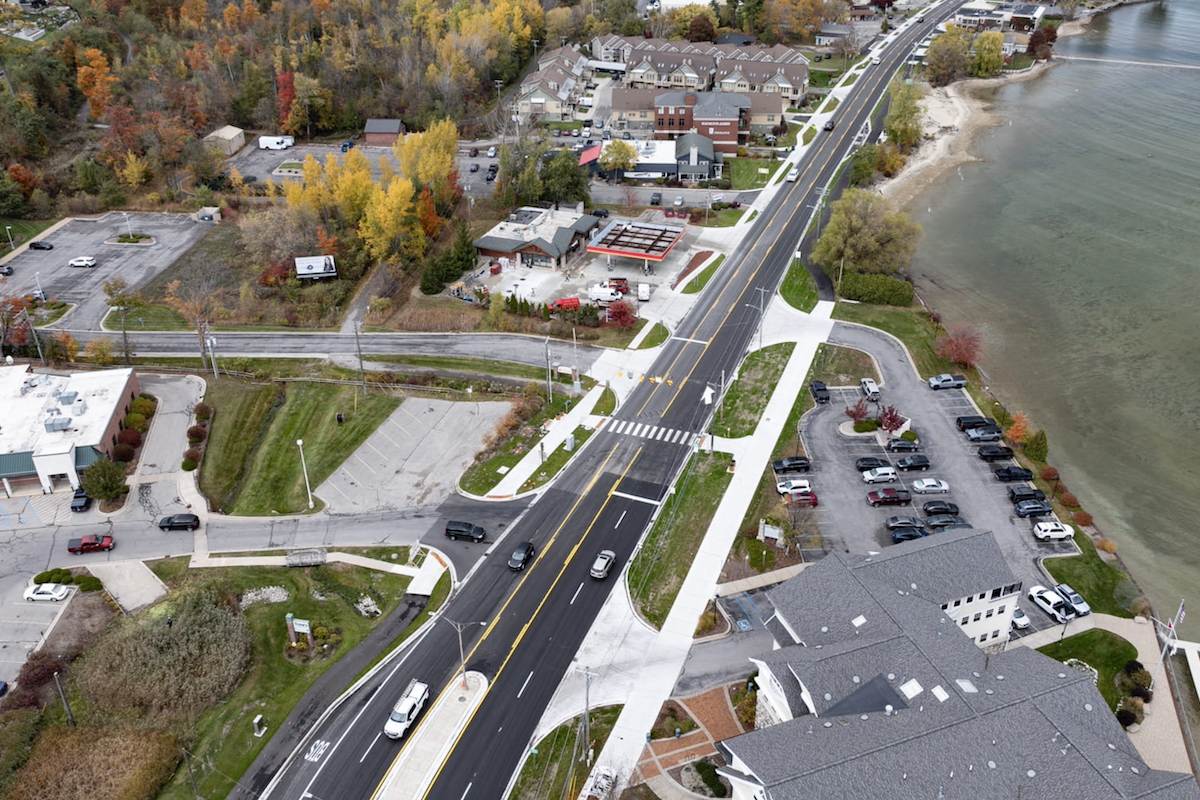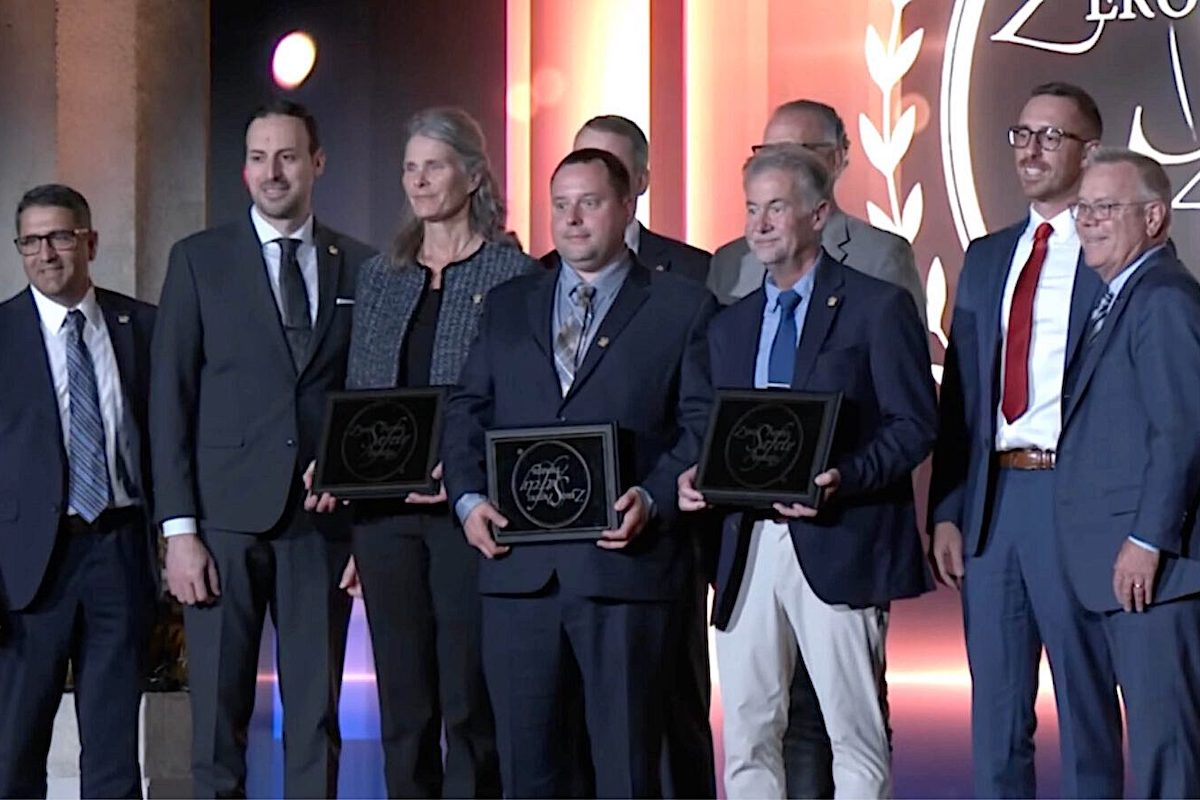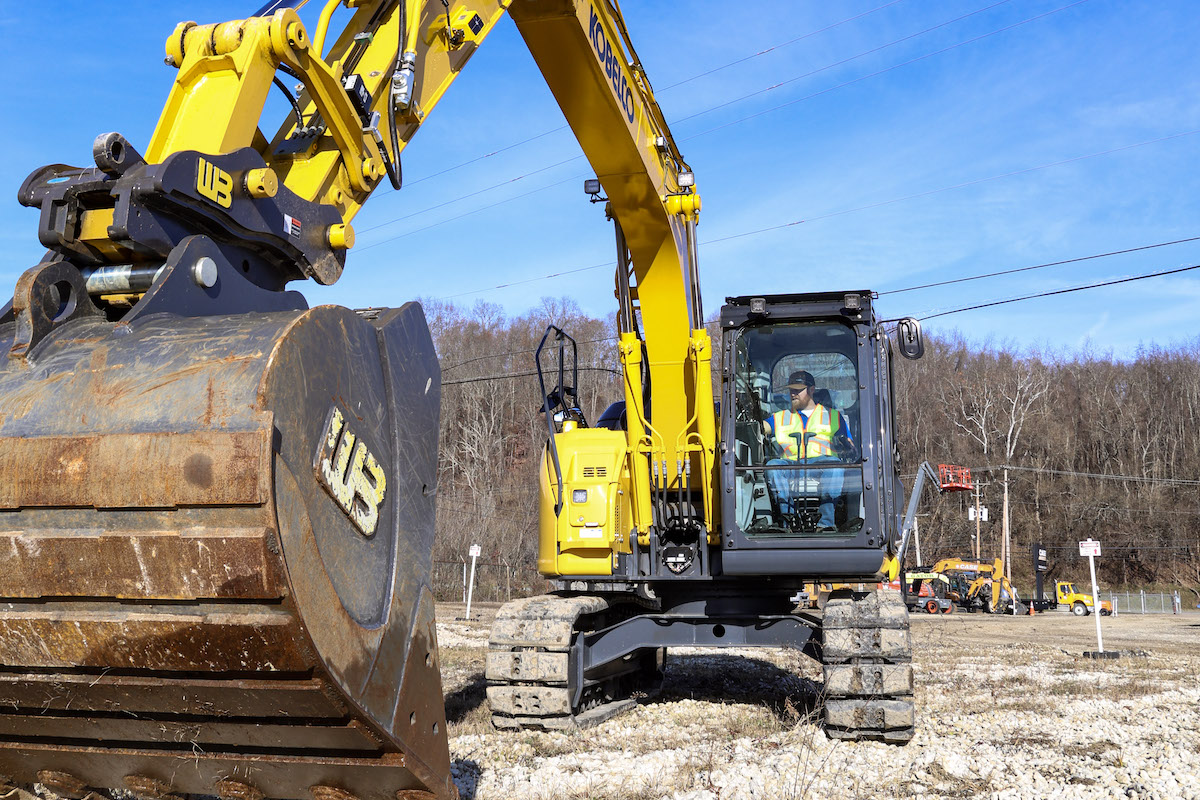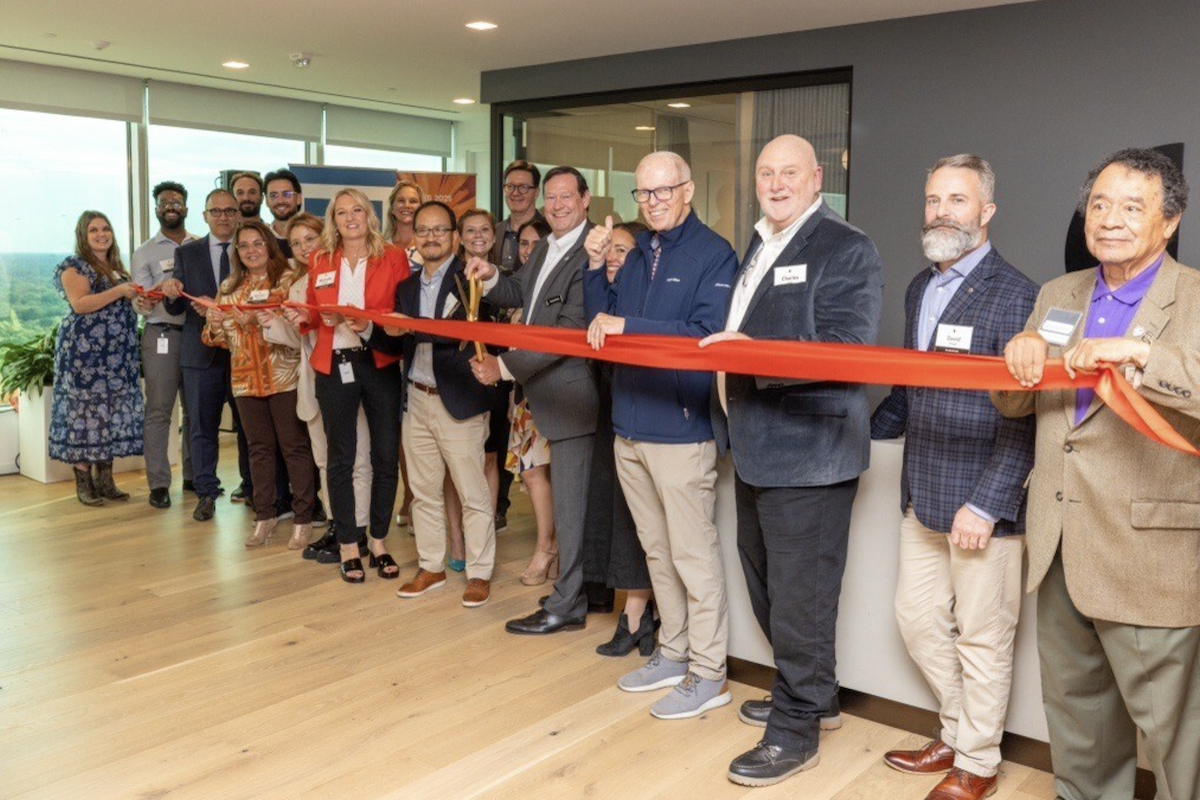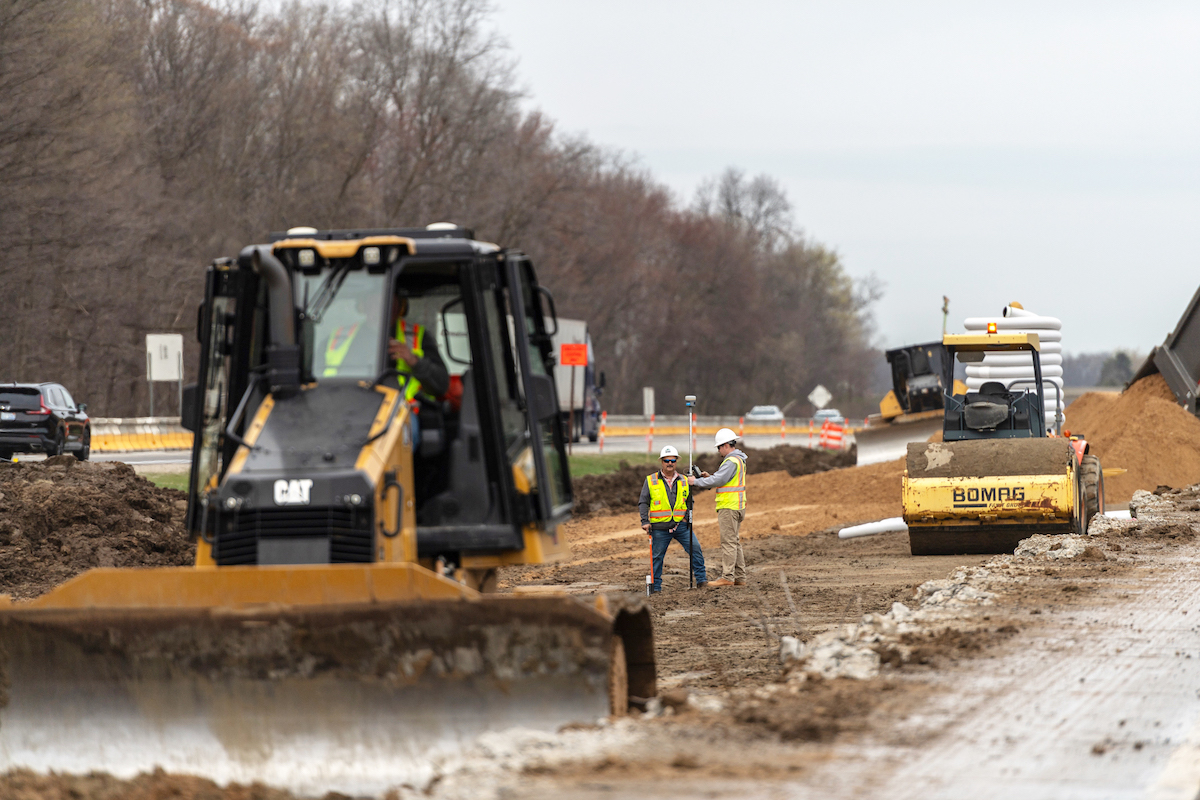The construction industry faces multiple risk factors that contribute to high suicide rates, including high psychological stress levels, emotional exhaustion, a culture of self-reliance and toughness, physically demanding work leading to chronic pain, and elevated usage of non-prescription opioids and alcohol. Among veterans — a significant portion of the construction workforce — the suicide rate is over 50% higher than the general population, as indicated by data from the Veterans Affairs.
Addressing this industry-wide crisis requires a comprehensive approach that starts with changing the culture within the workplace. CIASP is dedicated to changing the statistics by educating and equipping organizations, industry service providers, and construction professionals to prioritize suicide prevention for the health and safety of the industry.
During Mental Health Awareness Month, CONEXPO-CON/AGG demonstrated its support for construction professionals by donating $5,000 to CIASP. This financial contribution will help fund CIASP's construction mental health support efforts, enabling the organization to provide vital resources and services.
“In the construction industry, there are roughly a dozen deaths by suicide on a daily basis,” said CONEXPO-CON/AGG Show Director Dana Wuesthoff. “Between the mental health-focused education content at the show, the articles on the CONEXPO-CON/AGG website, and now this donation, we are always looking for ways to address mental health issues in the construction industry and help more people find their recovery.”

| Your local Deere & Co dealer |
|---|
| AIS Construction Equipment |
| AIS Construction Equipment |
Bohmann brings extensive leadership, strategic, and operational experience to her role, having served with BrandPoint Services since 2003, most recently as the Executive Vice President of Culture. She is actively involved in various suicide prevention organizations, including her positions as Board Chair and Advocacy Chair of the Greater Philadelphia Chapter of The American Foundation for Suicide Prevention. Bohmann also serves as an Executive Board Member of the Delaware County Suicide Prevention Task Force and the TKD Foundation.
“The construction industry’s most valuable resource is our hard-working, dedicated, skilled workforce,” said Greg Sizemore, 2023 Chair of CIASP and Vice President of Health, Safety, Environment, and Workforce Development at Associated Builders and Contractors. “Sonya brings to CIASP the leadership experience and skill set to strengthen the mindset amongst every construction worker that every suicide is preventable. She will be instrumental in ensuring CIASP continues to equip and empower industry leaders and employees with the tools and resources they need to recognize the risk factors and create a zero-suicide construction industry.”
In a recent interview, Bohmann shared insights on how members of the construction industry can prevent suicide and highlighted CIASP's efforts to drive positive change.
If you feel comfortable sharing, do you have any personal experiences or reasons that led you to where you are today, advocating for suicide prevention in the construction industry?
I spent the last 10 years in the reconstruction industry where you see mental health struggles in all sectors of the field, from the trades to the project office staff to supervision and leadership. My personal connection to suicide prevention is that I am a loss survivor, having lost my sister to suicide in 2008. I have been a suicide prevention advocate with the American Foundation for Suicide Prevention for many years, advocating in both the state capital and on a national level to enact prevention and mental health and wellness legislation. This position is an opportunity to marry both my career and passion.
If someone — especially a member of the construction industry — is struggling with their mental health or with thoughts of suicide, what would you recommend they do?
If someone is in crisis, they can always contact 988 by either text or call or they can text 741741 with the word "Talk". There are lots of situation-specific resources, depending on who is seeking them, and our website lists many of them at preventconstructionsuicide.com.
What can coworkers, friends, family members, or others do to help if they notice someone struggling?
If you feel or notice someone is struggling, start the conversation. Do not be afraid to ask someone if they are okay. Or if it seems warranted, if they are considering suicide. You will not put the thought in their head. You will provide them with an opportunity to know that someone cares. Be compassionate and caring, nonjudgmental. If they are suicidal, keep them safe and connect them to care.
What are your hopes for the future of CIASP and for the construction industry as a whole?
My hope for the industry and CIASP is that we can all work together to foster a community that is smart about suicide prevention and mental wellness. That CIASP can be the primary resource for those in need of information and a guide to building individual programs to help companies, help their employees.
Is there anything else you would like to add?
It is so important when talking about mental health and suicide that we model appropriate, non-stigmatizing language. There is a push in the community to remove words such as "commit" and "failed" or "successful" when speaking of attempts. The change is to remove the stigma around labeling language and create more compassionate and open dialogue. Words have power, and they matter.
This interview has been edited for length and clarity.













